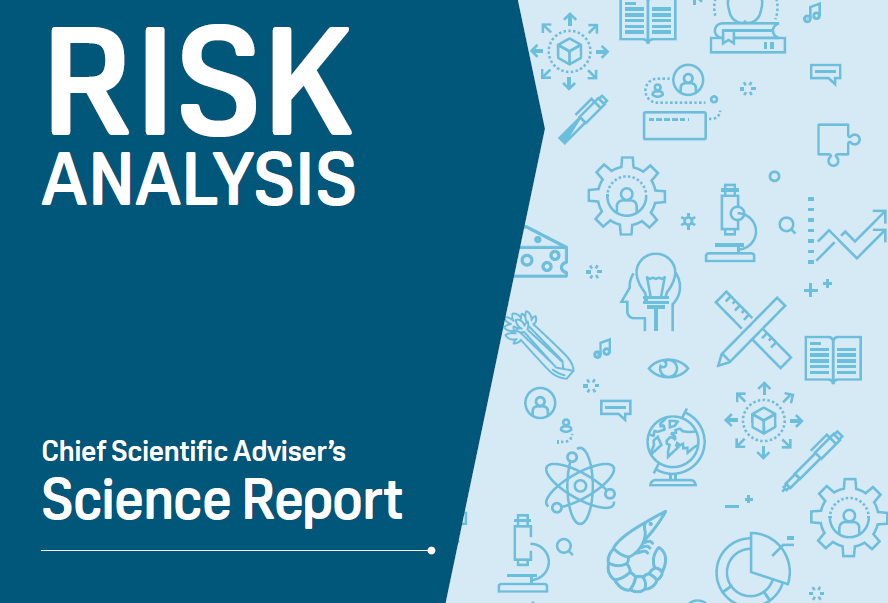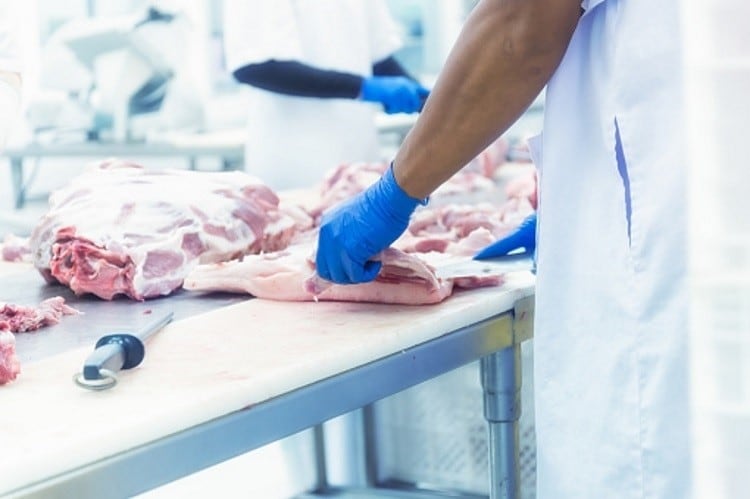In FSA chief scientific adviser professor Guy Poppy's report Risk Analysis, which was published on 17 June, the agency details the results of the review of risk analysis it began in 2018.
Once food hazards have been identified in the food supply chain, risk analysis first assesses how risky these hazards are, then determines the approaches that could be taken to manage and control the risks. The FSA also looks at how to communicate the risks to industry and consumers.
Currently, all home-produced and imported food and feed products sold in the UK have to comply with EU regulations. EU food and feed safety regulations are governed by the risk management decisions of the European Commission (EC), taking into consideration risk assessments of the European Food Safety Authority (EFSA).
FSA to take over risk analysis from EFSA and the EC
From 1 January 2021, European legislation on food and feed safety will move into UK law, providing a continuation of rules. However, leaving the EU means that the FSA, alongside colleagues from Food Standards Scotland (FSS), will be responsible for many of the combined risk analysis functions previously carried out by EFSA and the EC.
According to Poppy's report, its revised risk analysis process will include a clearer separation between risk assessment and risk management to ensure the scientific integrity of risk assessment.
In addition, the FSA has grown its four existing independent Scientific Advisory Committees (SACs) and doubled the size of its Risk Assessment Unit. The creation of three new Joint Expert Groups (JEGs) had also increased the combined capacity of the SACs and JEGs to more than 100 independent advisory experts.
The FSA's SACs
- The Committee on Toxicity of Chemicals in Food, Consumer Products and the Environment (COT)
- Advisory Committee for the Microbiological Safety of Food (ACMSF)
- Advisory Committee for Novel Foods and Processes (ACNFP)
- Advisory Committee on Animal Feedingstuffs (ACAF)
One new JEG would focus on food contact materials, another would concentrate on additives, enzymes and other regulated products and the third would consider animal feed and feed additives.
On top of that, the FSA had set up a new UK process for authorising regulated products such as food and feed additives, enzymes, flavourings, novel foods and genetically modified food and feed. The agency has set up dedicated pages further describing risk analysis and regulated product authorisation for businesses.
Import controls, incidents, food crime
The report stated that the FSA's fresh approach to risk analysis would enable it to advise on aspects such as risk-based import controls, handling incidents and food crime. It would also be able to handle pre-market approvals and post-market reviews of regulated food and feed products. And the new system would support its development of food and feed safety standards and controls based on scientific evidence, for example policies, guidance, controls and enforcement.
Its review had put the FSA in a good position to replace the role of the EC and EFSA in managing the risk analysis process for food and drink sold in the UK, said Poppy. "Through this action and in collaboration with the devolved administrations, the FSA is in a position of strength."
In July, Poppy is succeeded in his position as the FSA's chief scientific adviser by professor Robin May.




